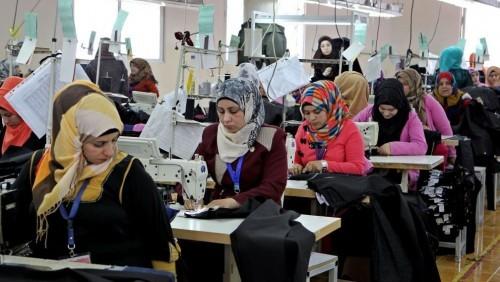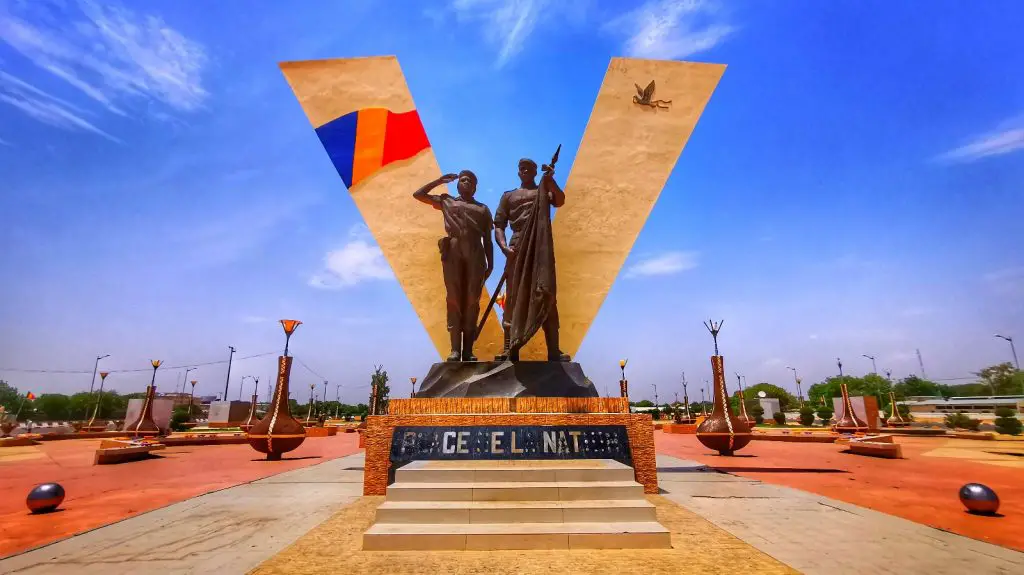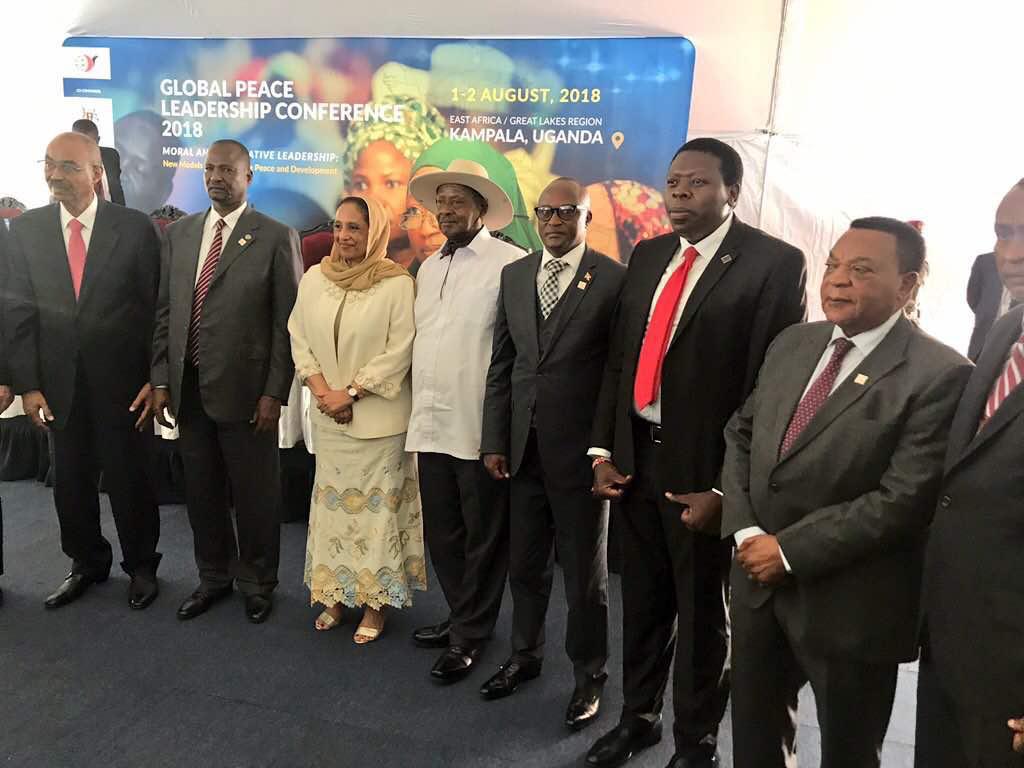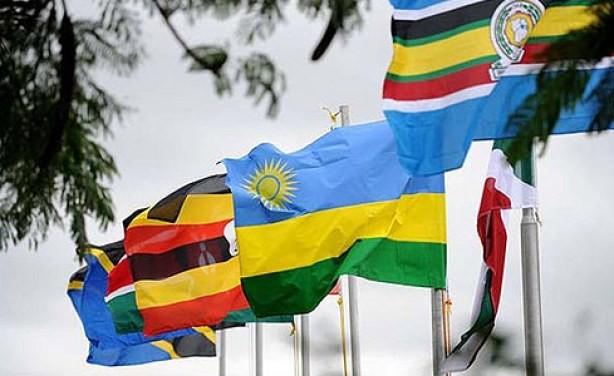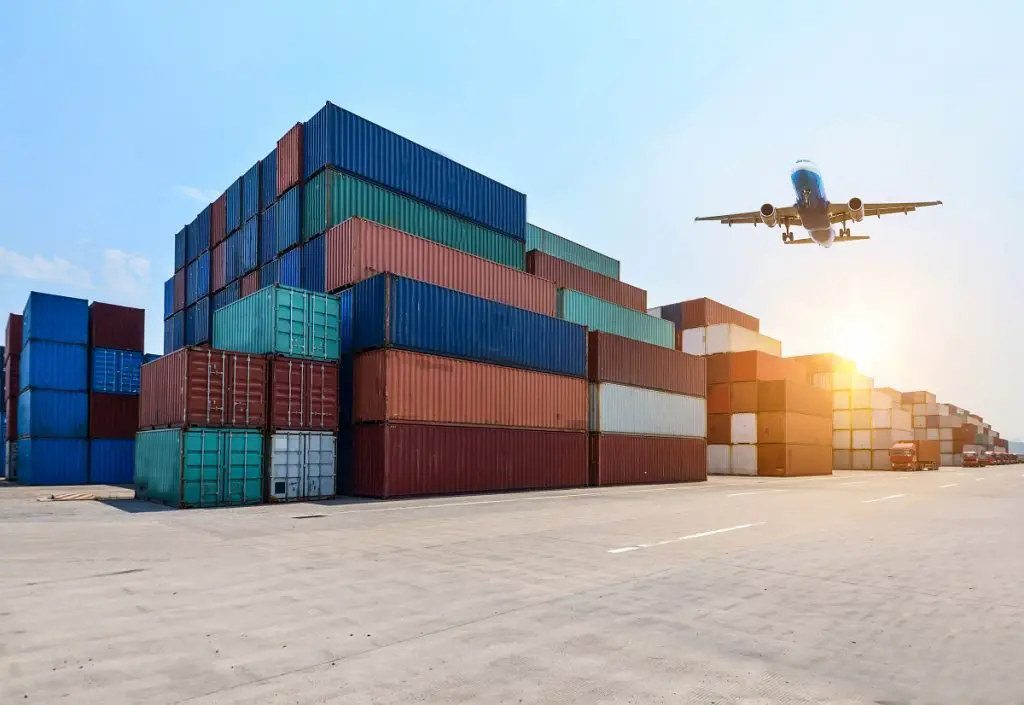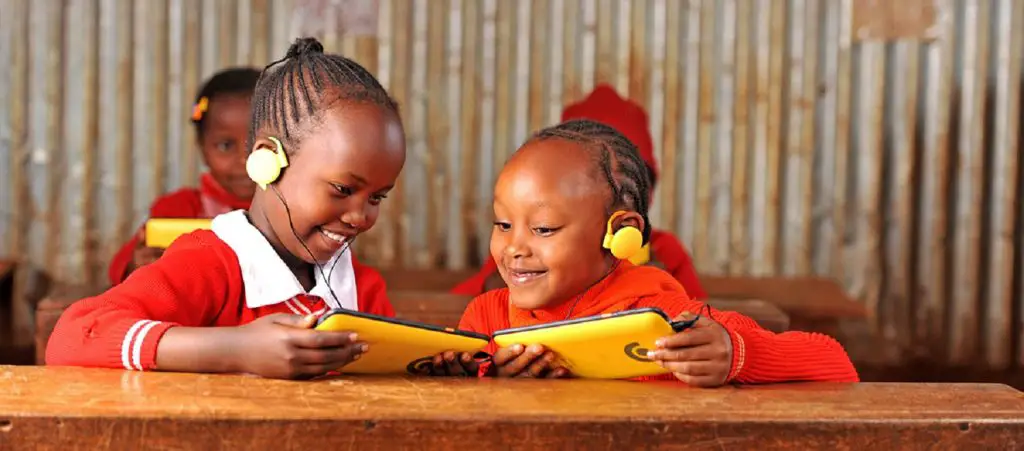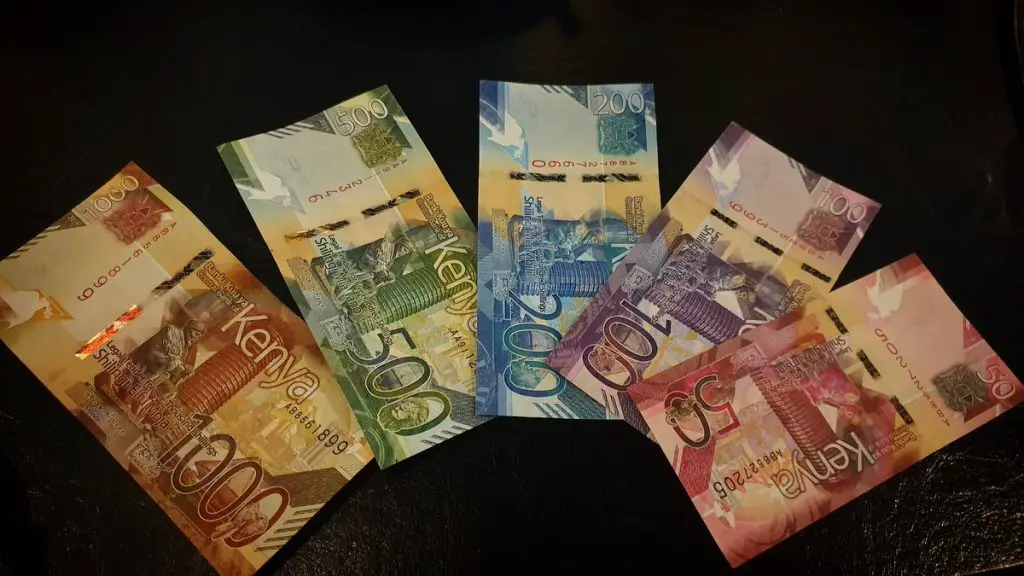- Kenya’s economy posts 5.6 per cent GDP growth in 2023
- The Crucial Role of Private Capital Africa’s Economic Development
- Kenya’s Marine Potential: Fostering Sustainable Blue Economy
- American nationals arrested in foiled attempt to overthrow President Tshisekedi
- The role of financial services in achieving financial inclusion in Rwanda and beyond
- AIM Global Foundation wraps up its engaging participation at Russia’s Kazan Forum
- Will Tanzania’s new truck assembly plant revive old coal mines?
- Communications Authority of Kenya needs $820M for digital superhighway goals
Month: July 2020
The International Finance Corporation (IFC) is launching a new advisory program to improve women’s employment opportunities in Egypt.
IFC which is a member of the World Bank Group aims at highlighting how Egypt’s private sector companies can invest in the county’s large, underutilized female talent and spur economic growth.
In a statement by the corporation, IFC said the program will run for three years and will help create family-friendly, flexible workplaces to make Egyptian businesses more resilient, agile and inclusive, especially in times of crises.
In 2019, only 24 per cent of working-age women participated in Egypt’s labour market in 2019, compared to 75 per cent of men. If women and men participated equally, the country’s GDP could rise by 34 per cent.
“The participation of women is macro-critical, it is no longer lip service, all stakeholders from the public and private sector as well as IFIs are coming together …
The Executive Board of the International Monetary Fund (IMF) approved a disbursement under the Rapid Credit Facility (RCF) of about $69.49 million to Chad to address urgent balance of payment needs stemming from the COVID-19 pandemic.
This is the second funding in three months under RCF to address financing needs arising from the pandemic, which brings the country’s total IMF support since COVID -19 pandemic outbreak to $183.60 million. The board also confirmed the cancellation of the Extended Credit Facility (ECF) arrangement which was to expire end of September this year.
The IMF’s second RCF will provide timely support for the implementation of additional measures to address the COVID-19 crisis and lessen its severe impact. Chad’s authorities are also taking steps to ensure transparency and accountability in the use of COVID-related resources, including an ex-post audit of crisis-related spending and the publication of crisis-related procurement contracts.
The Chadian economy continues …
When there is conflict, it is the general society and businesses that suffer the most, in fact business should be at the forefront of advocacy for peace.
With almost every element of business going digital, the question of digital platforms been used for radical sentiments is not a political agenda but a socio-economic one.
There is need to take concerted action to promote and facilitate peace especially now, in an age where social media is been used to spread radical content online. Social media and other digital platforms are also very powerful tools to prevent conflict and extremism and promote greater understanding and tolerance.
“We have to take steps to ensure we instill seeds of peace and tolerance for one another, and social media is a great platform to reach youth to promote peace” Martha Nghambi the, Country Director for Global Peace Foundation Tanzania asserted.
Speaking to media over the …
Since the Common Market Protocol was launched in 2010, trade between East African Community member states has increased by 60.75 per cent from $3.72 billion to $5.98 billion in 2018, the latest trade data show.
Despite non-tariff barriers (NTBs) continuously holding back the region’s potential, the Common Market Protocol has boosted trade in the region by easing the cross-border movement of goods and people.
The East Africa Community Trade and Investment Report shows that the value of intra-regional trade increased by 9.4 per cent to $5.98 billion in 2018 from $5.46 billion in 2017.
The growth was partly caused by EAC countries’ increased preference for trading with each other so as to counterbalance falling demand for the region’s products in European and US markets.
Also Read: Uganda, Rwanda record reduced trade flows
All EAC member states apart from Burundi recorded growth in trade with their regional counterparts, the report showed.…
Foreign Direct Investments (FDIs) in East Africa declined by 9 per cent to $7.8 billion in 2019, from $9 billion in 2018 shows the latest World Investment Report 2020 by the United Nations Conference on Trade and Development (Unctad).
This year there could be a sharp decline in FDIs as the COVID-19 pandemic continues to affect economies across the globe.
In 2019, Uganda’s foreign direct investments increased by 20 per cent to $1.3 billion due to the continued development of oil fields and an international pipeline. Also projects in agriculture, construction and manufacturing contributed to the increased in FDI.
Also Read: Angola set to attract more FDI into oil and gas sector
In Tanzania, FDI inflows didn’t change they remained at $1.1 billion. In Kenya, despite several new projects in information technology and healthcare FDI inflows dropped by 18 per cent to $1.3 billion compared with $1.6 billion in 2018.…
The trade agreement aspires to create a tariff-free continent to grow local businesses, boost intra-African trade, spur industrialization and create more jobs.…
The World Bank approved an additional $15.2 to support Uganda’s effort to detect, prevent and respond to COVID-19 pandemic.
The funds will also go towards strengthening Uganda’s national systems for public health emergency preparedness under a new operation called the Uganda COVID19 Response and Emergency Preparedness Project.
The project is financed by an International Development Association (IDA) credit of $12.5 million and a grant of $2.7 million from the Pandemic Emergency Financing Facility.
The project aims at reducing the financial gap under the country’s COVID-19 Preparedness and Response Plan by boosting COVID prevention, detection, case management and the overall health system readiness.
The primary beneficiaries will be the infected persons, host communities and at-risk populations, medical and emergency personnel, refugees, medical and testing facilities and selected national health agencies.
“Uganda has built significant capacity in managing different pandemics over the years but the COVID-19 poses unique challenges. These funds will …
Digital education in Africa is a precondition for the continent’s socio-economic transformation and the survival of its people.…
The pandemic has hit the agriculture sector hard with East Africa economies slowly shift from agriculture to services as the main GDP contributor.
Early this month, the African Development Bank highlighted the impact of the COVID-19 pandemic in Africa in its African Economic Outlook 2020 Supplement Amid Covid-19 report.
According to the bank’s report, agriculture’s contribution to the African region went down from an average of 33.4 per cent at the turn of the millennium to 28.3 per cent in 2018.
This was against an increase in the service sector whose contribution to GDP rose from 44.6 per cent in the early 2000s to 53.8 per cent in 2018. This can be seen in some African countries like Seychelles whose service sector contribution to GDP is at 80 per cent, Eritrea at 67 per cent, Kenya at 60 per cent and Rwanda at 47 per cent.
According to the International …
Most African currencies have depreciated against the US dollar except for the Malawian Kwacha.…





